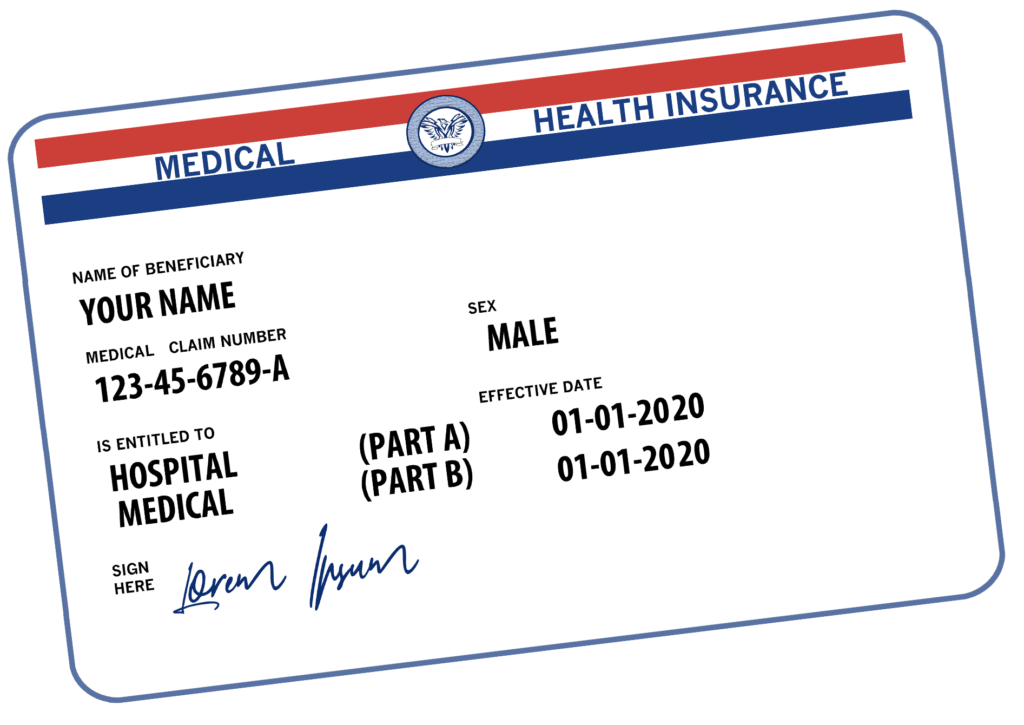Medicare Enrollment
Medicare is a unique kind of health insurance because people don’t always have to sign up to receive benefits. Folks will become eligible once they turn 65. If you’re already getting Social Security benefits, you’ll be automatically enrolled into Medicare Parts A and B (Original Medicare). You don’t have to do anything unless you want additional coverage.
For many seniors, Original Medicare isn’t sufficient for their healthcare needs. It’s up to the individual to choose what changes or additions to their coverage are necessary. Are you still working? If so, it’s also your call whether you’d like to keep using employer health coverage or not.
To make the best decision for you, you’ll need plenty of information. This includes an understanding of when and how to enroll in Medicare.
How Does Medicare Enrollment Work?
If you’re automatically enrolled, the coverage will kick off on the first day of the month you turn 65, unless your birthday is on the first of the month. If you were born on the first of the month, your coverage will start on the first day of the previous month. You’ll receive an envelope in the mail with your red, white, and blue Medicare card — about three months before your 65th birthday.

However, not everyone is automatically enrolled. If you turn 65 and aren’t getting social security or railroad retirement benefits at least four months before your 65th birthday, Medicare enrollment is NOT automatic. This is why the seven-month initial enrollment period surrounding the month you turn 65 is crucial to understand.

Book an Appointment Today!
By submitting this form and providing this information, you agree that an authorized representative or licensed insurance agent may contact you. This is a solicitation for insurance.
Initial Enrollment Period (IEP)
This is when you’re first eligible to enroll in Medicare (if it doesn’t happen automatically). You have three months before you turn 65, your birthday month, and the three months after to sign up without documentation. People who don’t enroll during IEP can sign up during a special enrollment period or general enrollment period.
To save time, you can go through the Social Security Administration to complete the online application.
You May Incur a Penalty
It’s important to know that you may face a penalty if you wait to enroll in Medicare. For example, if you miss the eligibility window around your 65th birthday, a penalty may apply. You may have to pay 10% more for your Medicare Part B premiums for each year that you waited after the year you hit 65.
Note: This penalty only applies for those NOT receiving health insurance while actively working.
General Enrollment Period (GEP)
The General Enrollment Period may also be referred to as the Open Enrollment Period (OEP). From January 1 to March 31, people enrolled in a Medicare Advantage (Part C) plan can disenroll and go back to Original Medicare or make one change to a different Advantage plan. If you decide to return to Original Medicare, you have until March 31 to sign up for a prescription drug (Part D) plan.
Special Enrollment Period (SEP)
This is when people can enroll in Medicare outside of the regular enrollment periods because of special circumstances, like moving to a new service area, losing active employer group coverage, or becoming eligible for a Dual Special Needs Plan. To learn more about SEPs or you think you may qualify for a special enrollment period, give us a call.
Other Notes
Even if you don’t want to change anything, it’s important to review your Medicare plan(s) each year to make sure you have the right coverage that fits your budget.
Get Started with ABC Medicare
There are several conditions that enter the picture when considering enrolling in Medicare. It’s critical to understand how to get started, whether it occurs automatically or not. We invite you to set up a FREE consultation with us. ABC Medicare will answer your questions and help you better understand your options.

